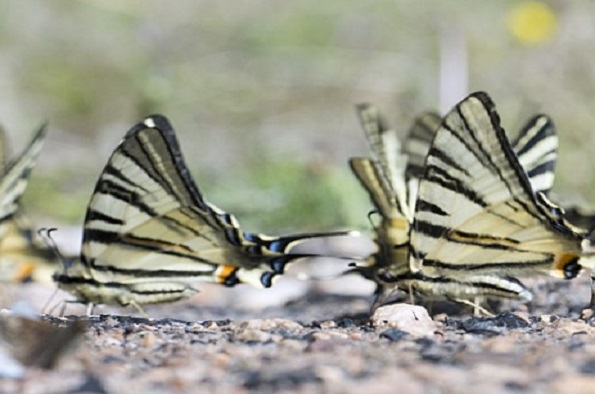
CANCELLED Butterfly Speciation – What can we Learn from Model Based Genome Scans?
- Andrea Betancourt
- Suitable for: Those with an interest in Behaviour, Evolution, Ecology and Microbiology
- Admission: Free
Add this event to my calendar
Click on "Create a calendar file" and your browser will download a .ics file for this event.
Microsoft Outlook: Download the file, double-click it to open it in Outlook, then click on "Save & Close" to save it to your calendar. If that doesn't work go into Outlook, click on the File tab, then on Open & Export, then Open Calendar. Select your .ics file then click on "Save & Close".
Google Calendar: download the file, then go into your calendar. On the left where it says "Other calendars" click on the arrow icon and then click on Import calendar. Click on Browse and select the .ics file, then click on Import.
Apple Calendar: The file may open automatically with an option to save it to your calendar. If not, download the file, then you can either drag it to Calendar or import the file by going to File >Import > Import and choosing the .ics file.
Genome scans for outliers of divergence are generally based on one dimensional summary statistics, such as F_st or d_xy and have become a mainstay of speciation research. Such scans suffer from a number of well-known limitations. Most fundamentally, they do not allow to connect sequence variation to the population level processes. Interpretations of outlier scans are verbal and ignore the large variation inherent in the coalescent. Konrad will describe a general likelihood framework for model based scans that allows to quantify heterogeneity in effective gene flow and population size along the genome. Konrad will illustrate the insights that can be gained from this decomposition of the genomic landscapes of speciation through an analysis of whole genome data in two European sister species of Scarce Swallowtail butterfly.
